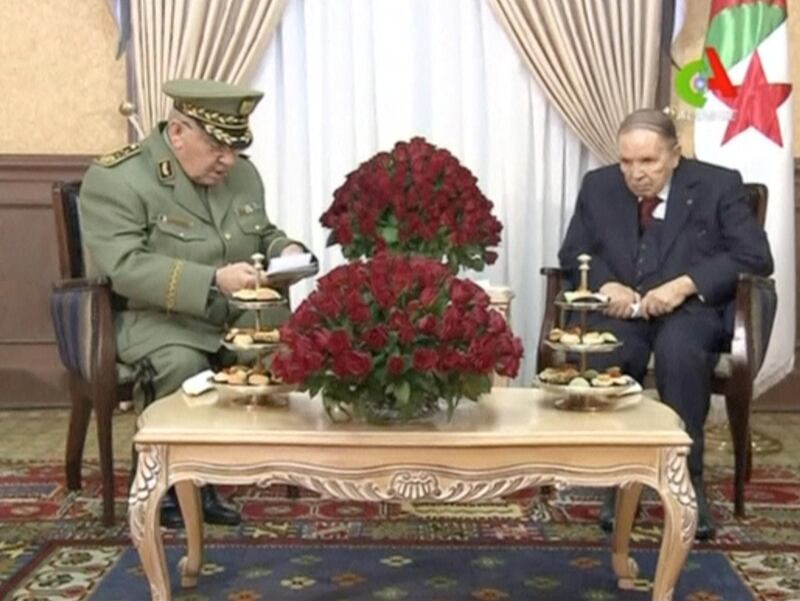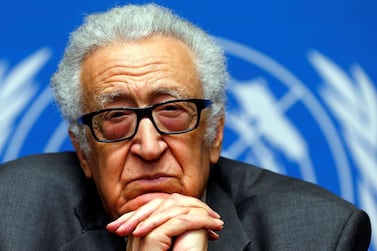Algeria is a country of many constitutions. Since the end of the war of independence in 1962 it has been modified at least seven times, adding and losing elements of the last.
The most recent changes, passed in 2016, came as part of the government’s attempts to head off the uprisings gripping neighbouring Tunisia, nearby Libya as well as Syria and Egypt. As the 2011 Arab uprisings spread through the region, Algeria sought a policy of appeasement of the people – increasing salaries, overlooking minor infringements and ignoring taxes here and there.
Much of the ability to do that came from the country’s large oil, gas and natural resources wealth. Through the 2000s, a largely hydrocarbon economy helped finance a development push and subsidies. But with oil prices falling after 2014, the government came under strain to maintain it.
A few years after President Abdelaziz Bouteflika took power in 1999, he modified the constitution to improve women and minority rights – a move welcomed by all sides in the country. The second bolstered his position by removing the term limit and reducing the prime minister’s powers – a move met with widespread scepticism.
After 2011, Mr Bouteflika announced a period of public consultations that would later inform the 2016 constitution. Billed as an undertaking to ask the people what they wanted from the government and as a society, it took years to finalise reports.
Supporters of the move praised it as a laudable public undertaking but many said that it was closed off from dissenting views, top-down and spoke largely to supporters.
The 2016 constitution made a series of changes, in government it focused on transparency, procedure and efficiency but many of the reforms were about social and linguistic issues such as recognising Tamazight as an official language alongside Arabic. It brought back the two term limit for the president but also barred any dual national from running for office – an issue in a country with a large and well connected diaspora.
However, the promised democratisation, empowerment and political plurality promised didn’t materialise.







